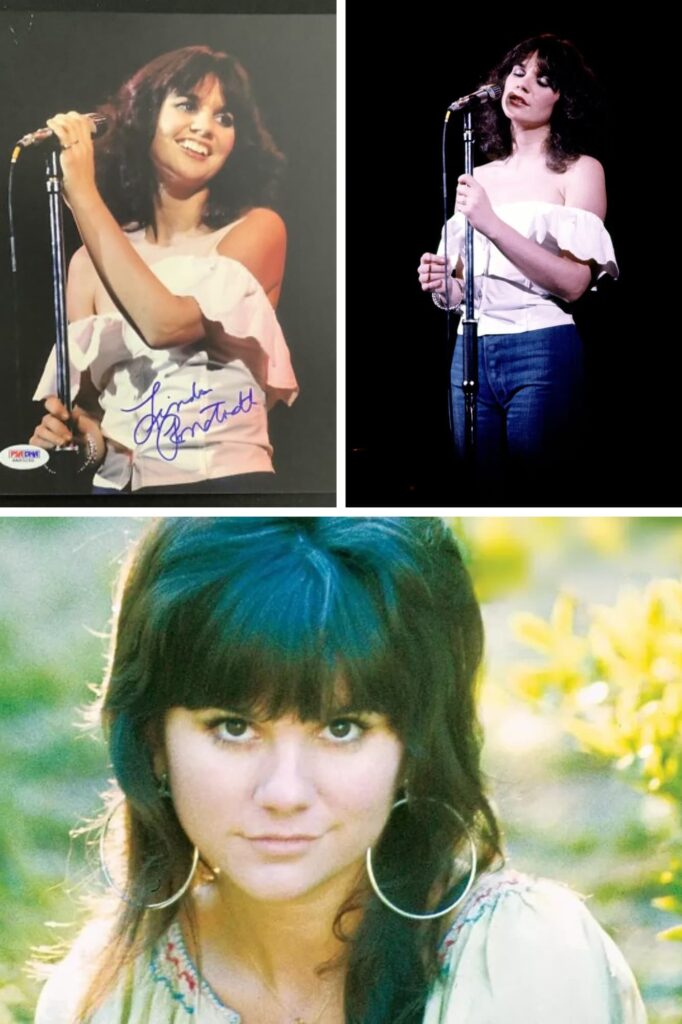
Linda Ronstadt’s “Party Girl”: A Reflective Ode to Lingering Youth and Fading Illusions
For those of us who came of age with the soundtrack of the 70s and 80s, Linda Ronstadt was more than just a singer; she was a phenomenon. Her voice, a shimmering instrument capable of both raw power and tender vulnerability, navigated genres with effortless grace, making rock, country, and pop her own. And among her vast catalog of hits and beloved album cuts, there’s a particular gem from her 1980 album Mad Love that still resonates with a poignant, bittersweet ache: “Party Girl.”
While not one of Linda Ronstadt‘s major chart-toppers like “You’re No Good” or “Blue Bayou,” “Party Girl” found its home on the critically acclaimed Mad Love album. This album, a departure from some of her more country and folk-rock leanings, saw Ronstadt embracing a more New Wave and rock-oriented sound, a testament to her restless artistic spirit and her refusal to be pigeonholed. Released in 1980, Mad Love itself was a commercial success, reaching number 3 on the Billboard 200 albums chart, a clear indication that even as she experimented with new sounds, her audience remained fiercely loyal. Though “Party Girl” wasn’t a standalone hit single, its inclusion on such a prominent album ensured it reached countless ears and became a cherished track for many.
The story behind “Party Girl” is one of Linda Ronstadt‘s remarkable ability to interpret songs written by others and imbue them with her own profound emotional depth. The song was penned by the brilliant Elvis Costello, an artist who, like Ronstadt, was unafraid to challenge musical boundaries. It’s a fascinating crossover, bringing the sharp, observational songwriting of Costello into Ronstadt‘s expressive vocal realm. For Ronstadt, the process of selecting songs was always deeply personal; she sought out material that spoke to her, regardless of genre or origin. Her memoir, Simple Dreams, often reflects on this intuitive connection she had with the songs she chose to record. She wasn’t chasing trends; she was chasing truth in melody and lyric. The decision to include a Costello track on Mad Love was bold, showcasing her discerning ear and her willingness to push her own artistic envelope. It demonstrated that she wasn’t content to rest on her laurels as the “Queen of Rock”; she was a musician constantly evolving, constantly seeking new forms of expression.
At its core, “Party Girl” is a wistful rumination on the ephemeral nature of youth, the fading allure of social circles, and the poignant realization that some desires, particularly for connection and belonging, may forever remain unfulfilled. It paints a vivid picture of a “party girl” – not necessarily in the hedonistic sense, but as someone constantly in motion, seeking solace or distraction in superficial gatherings. The lyrics, delivered with Ronstadt‘s signature blend of power and tenderness, evoke a sense of longing and a subtle undercurrent of melancholy.
Consider the lines that speak of a life lived on the fringes of connection, observing rather than truly participating: “They say I’m nothing but a party girl / Just like a million more all over the world.” There’s a self-awareness here, a recognition of a persona adopted, perhaps to mask a deeper solitude. And then, the piercing vulnerability: “I know I shouldn’t be raising my hopes so high / But I have seen the hungry look in their eyes.” This isn’t just a lament for herself, but an empathetic observation of others caught in the same cycle of fleeting encounters. The song touches upon the idea of unrequited longing, or perhaps a love that never fully materialized, leaving a lingering ache: “Life’s full of flaws / Who knows the cause / Living in the memory of a love that never was.” For older listeners, these words can evoke a lifetime of such moments, the almost-lovers, the missed connections, the echoes of youthful yearning that still resonate decades later.
Linda Ronstadt‘s interpretation elevates Costello‘s original, adding layers of nuance through her vocal delivery. Her voice, so rich and emotionally resonant, conveys the quiet desperation and resilience of the “party girl” character with an authenticity that touches the heart. It’s a performance that speaks to the universal experience of growing older, looking back at the vibrant, sometimes reckless, days of youth, and acknowledging the subtle shifts in life’s priorities and perspectives. The song becomes a mirror, reflecting our own memories of seeking connection in crowded rooms, and the eventual understanding that true solace often comes from within, or from more profound bonds forged over time. It’s a testament to Ronstadt‘s artistry that she could take a song and make it feel so deeply personal, so universally understood. “Party Girl” is not just a song; it’s a quiet, introspective journey through the corridors of memory, a gentle reminder of who we once were, and who we have become.